USB Diffuser
USB Diffuser
13 in stock
Couldn't load pickup availability
SPECIFICATIONS
Water tank capacity: approx. 100mL
Atomization volume: 15-20mL/h
Timed shutdown: 8 hours (direct injection mode)
Product color: white or black
Single net weight: 180g
Single gross weight: 245g
Product size: 76 * 137 * 76mm
Rated input:DC-5V
Rated power: 5V
Wire length: 1.2m
DESCRIPTION
Oil diffusers are one of the many ways to provide benefits for both physical and mental well-being. Listed below are some of the benefits of using an oil diffuser in your home or workplace:
-
Aromatherapy: Oil diffusers are commonly used in aromatherapy, which is the practice of using scents to enhance overall health and well-being. Essential oils, when diffused, release aromatic molecules that can stimulate your olfactory system, influencing mood, emotions, and even cognitive function.
-
Relaxation and stress relief: Many essential oils have relaxing properties that can help reduce stress, anxiety, and promote relaxation. Scents like lavender, chamomile, and bergamot are known for their calming effects, and diffusing them can create a soothing and tranquil environment.
-
Improved sleep: Diffusing essential oils such as lavender, clary sage, or chamomile before bedtime can promote better sleep quality. These oils have sedative properties that can help you unwind, relax, and prepare your body for a restful night's sleep.
-
Air purification: Some essential oils, such as tea tree or eucalyptus, possess antimicrobial properties that can help purify the air by killing airborne bacteria and viruses. Diffusing these oils can reduce the presence of pathogens and create a cleaner and fresher indoor environment.
-
Respiratory support: Essential oils like peppermint, eucalyptus, or lemon can provide respiratory support by opening up airways and relieving congestion. Diffusing these oils can be particularly helpful during cold and flu seasons or for individuals with respiratory conditions.
-
Mood enhancement: Different essential oils can have mood-enhancing effects. Citrus scents like orange or lemon are known for their uplifting and energizing properties, while oils like ylang-ylang or jasmine can promote a sense of positivity and relaxation. By diffusing these oils, you can create a pleasant atmosphere and uplift your mood.
-
Increased focus and concentration: Certain essential oils, such as rosemary, peppermint, or lemon, are believed to enhance focus, concentration, and mental clarity. Diffusing these oils in a workspace or study area can help create an environment conducive to improved productivity and cognitive performance.
-
Natural air freshener: Oil diffusers provide a natural alternative to synthetic air fresheners and candles, which often contain harmful chemicals. By using essential oils, you can create a pleasant aroma in your home while avoiding potential health risks associated with artificial fragrances.
It's important to note that the effectiveness and specific benefits of essential oils can vary from person to person. Additionally, it's essential to use high-quality oils and follow the specific instructions for safe and proper usage of your oil diffuser.
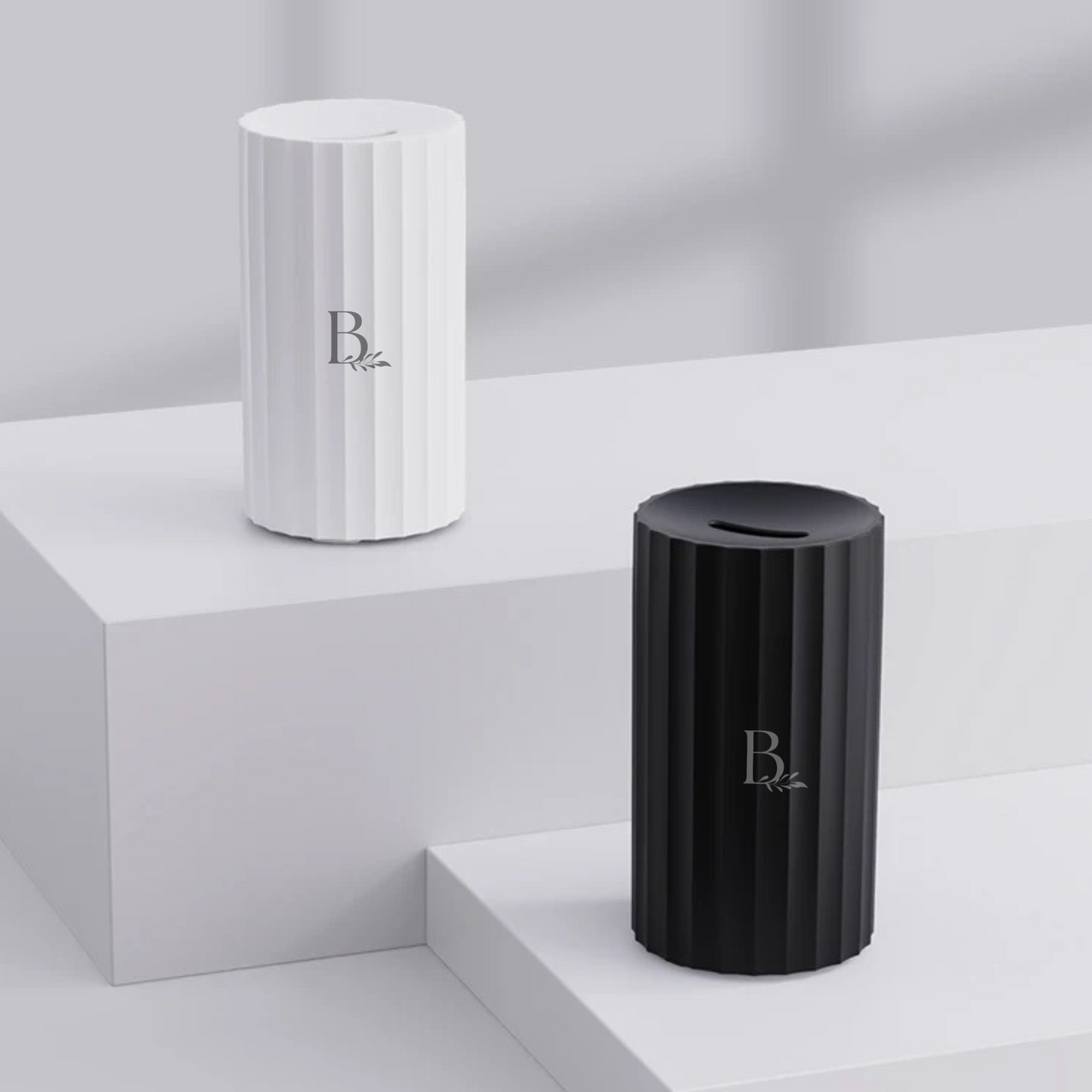
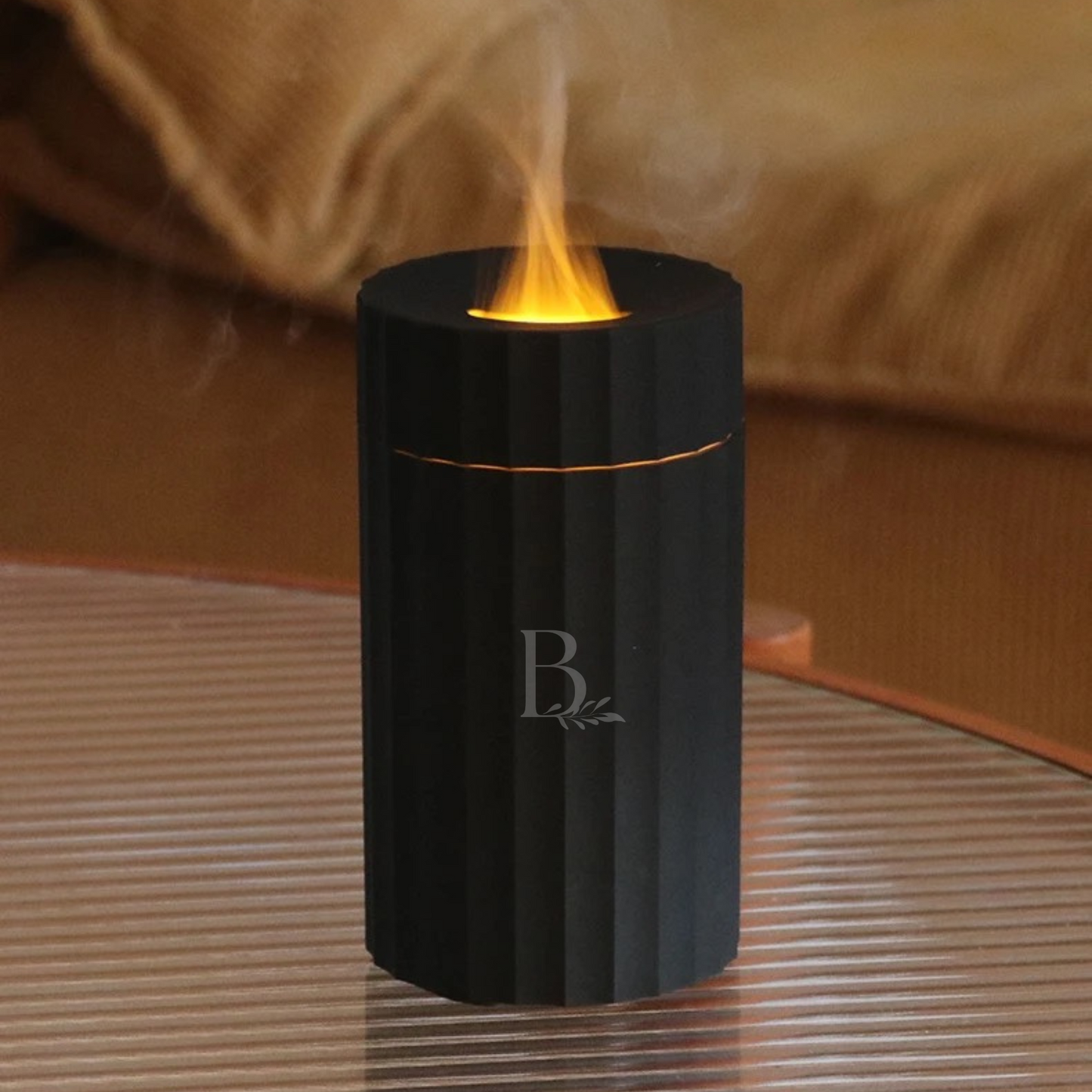
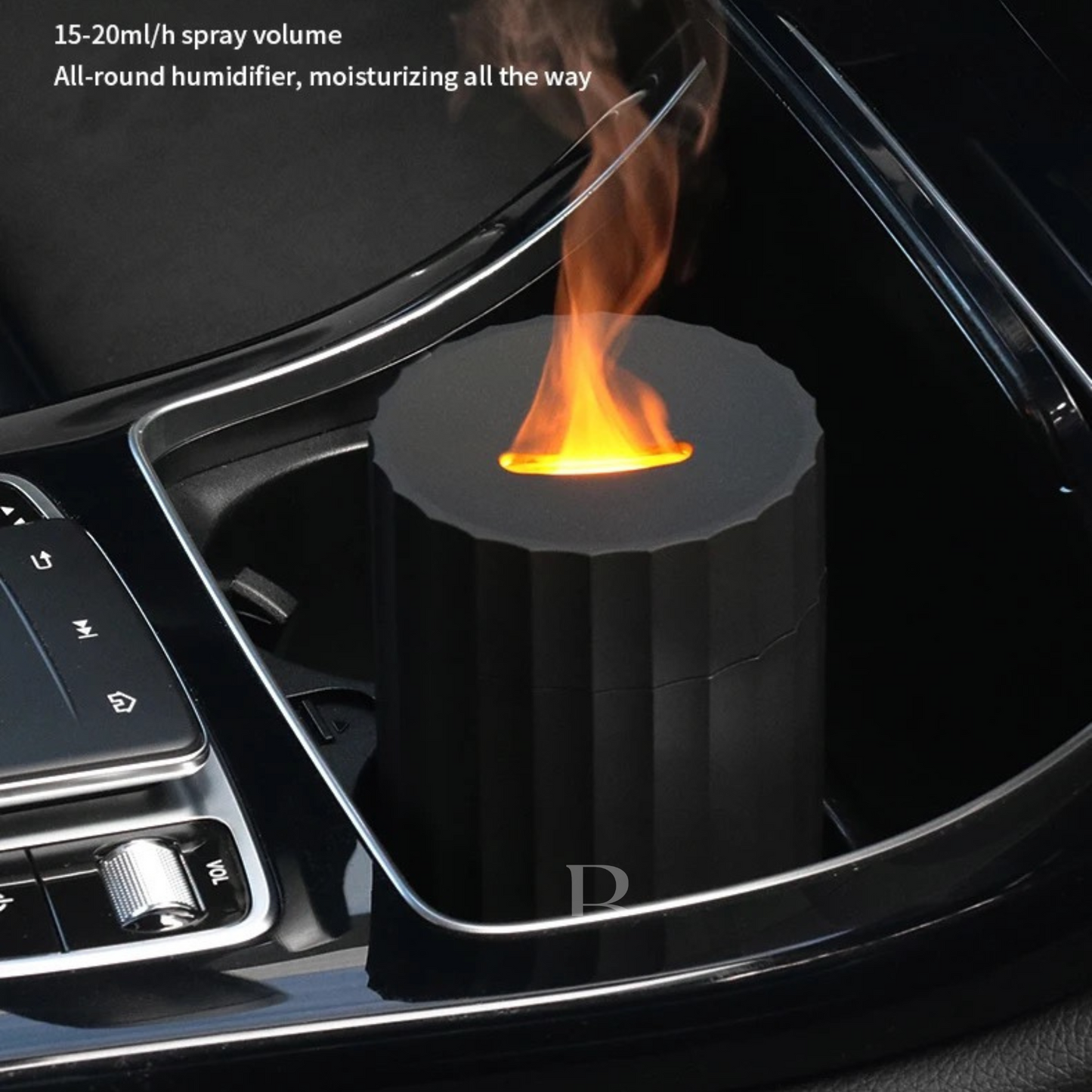

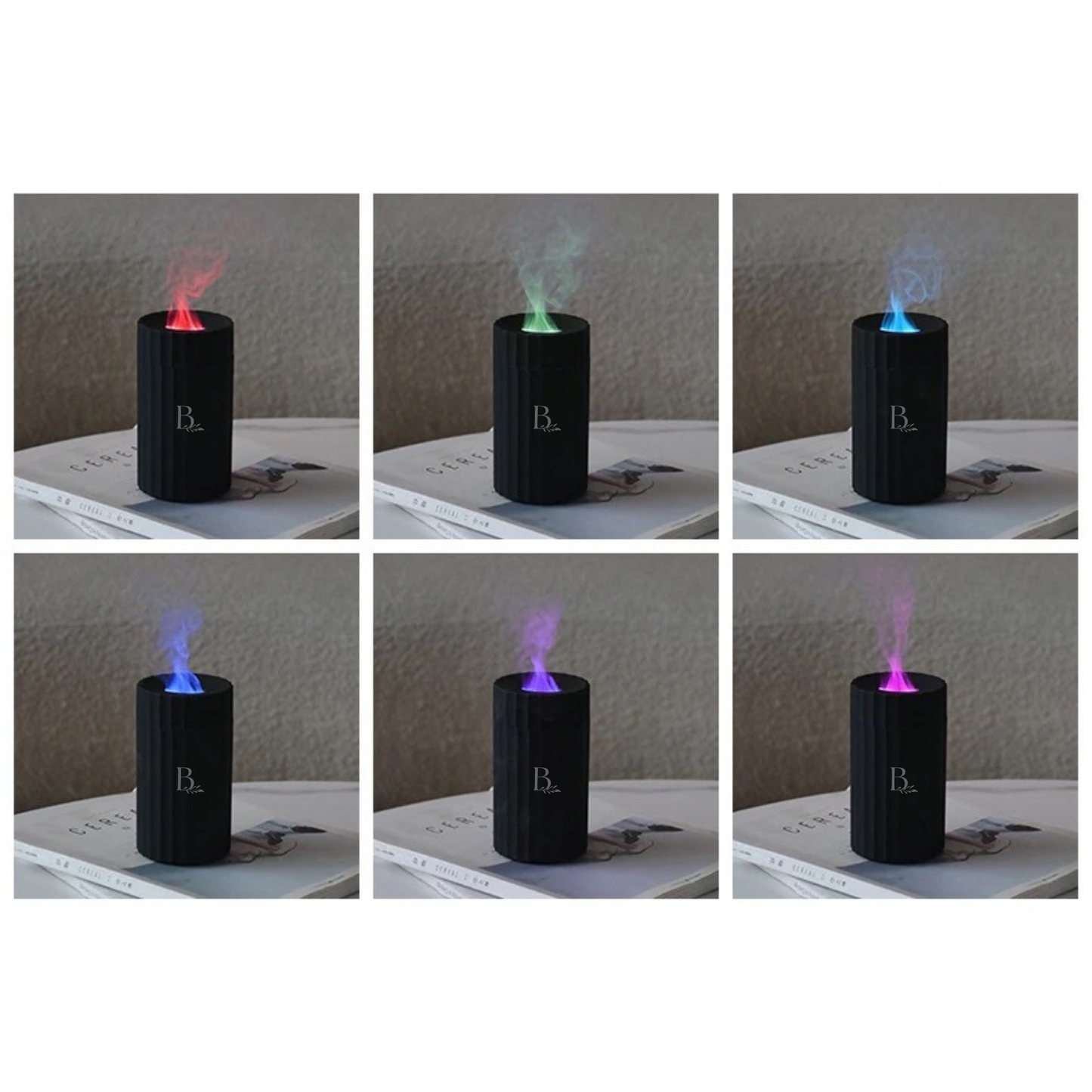
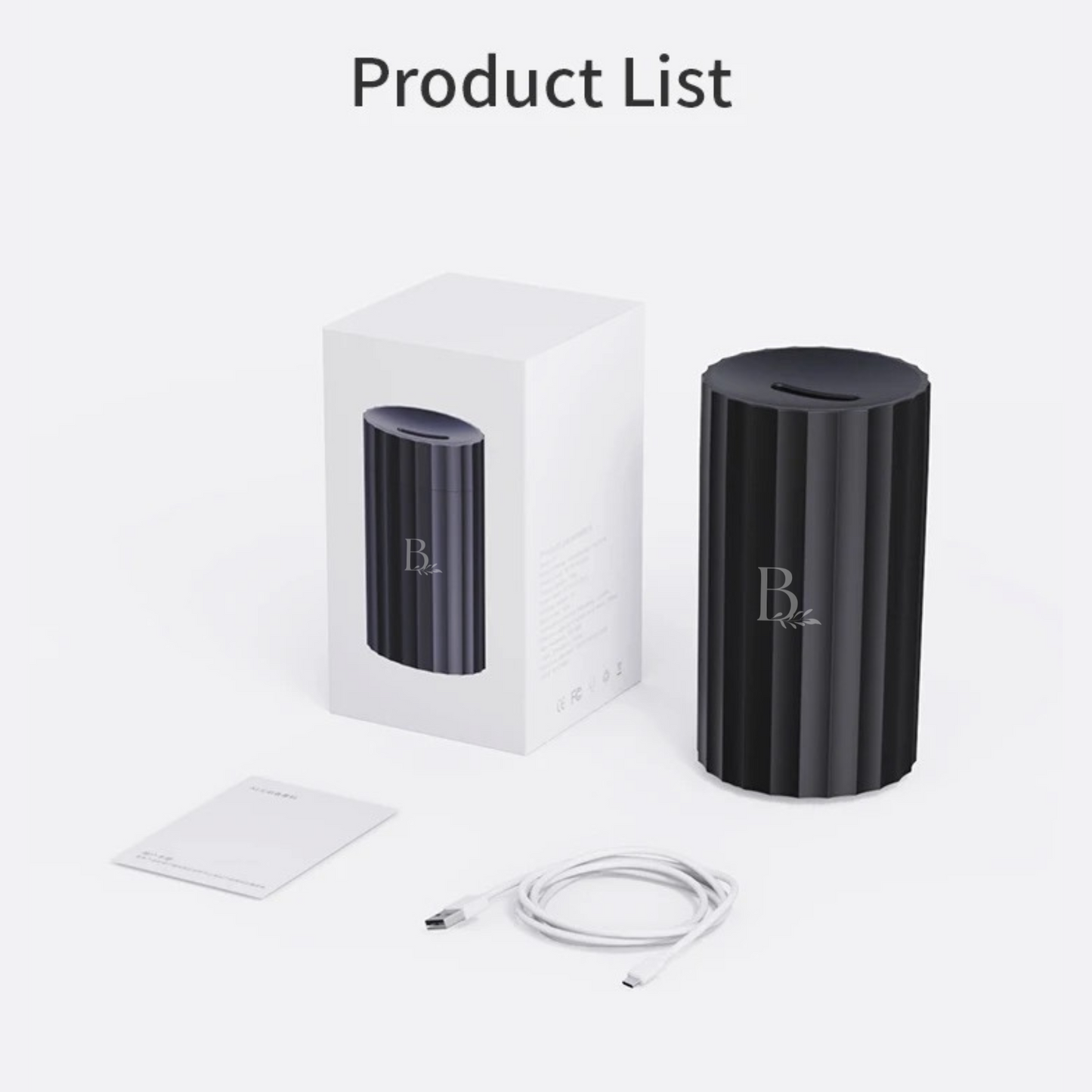
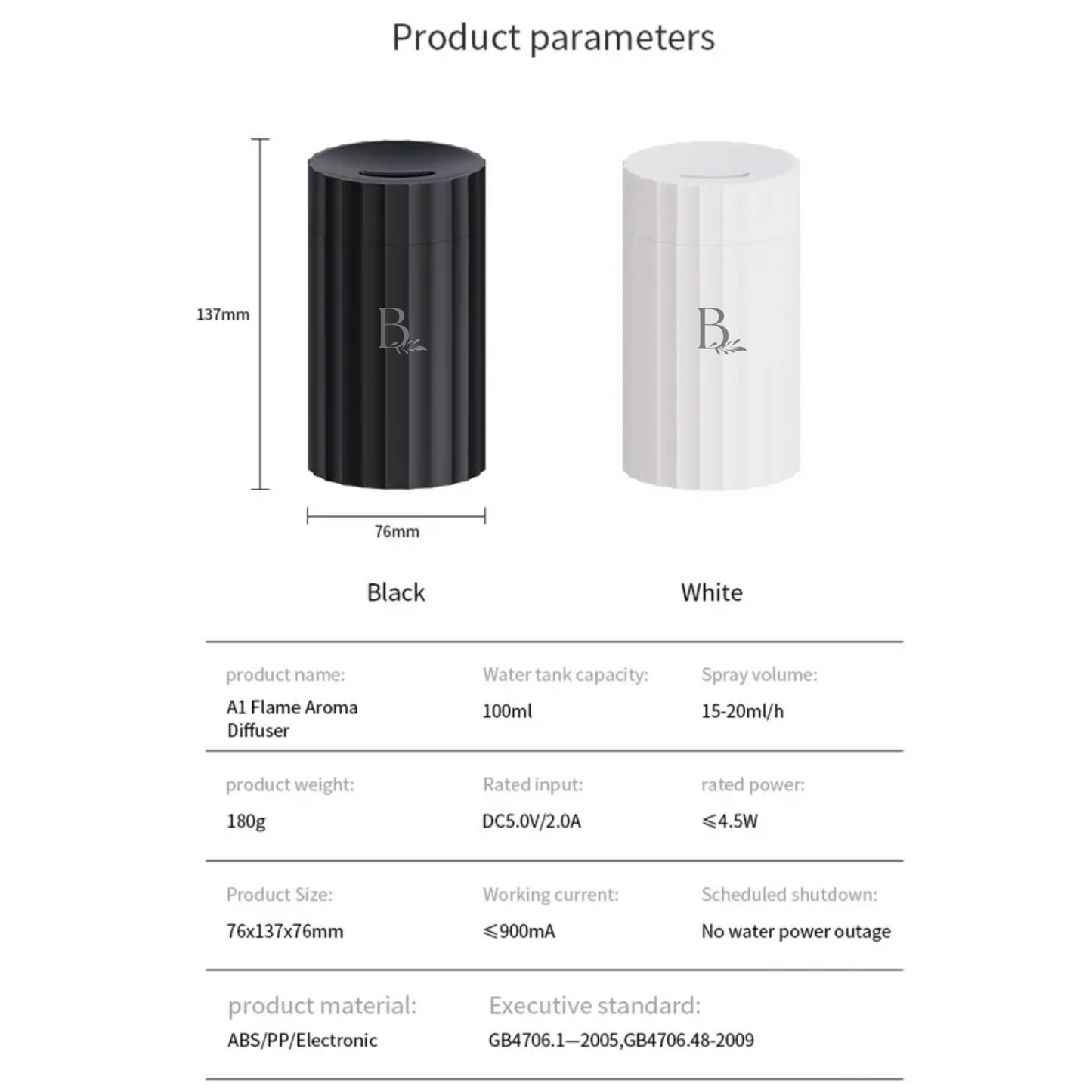
FAQs
-
What are essential oils?
Essential oils are highly concentrated plant extracts that capture the natural fragrance and beneficial properties of plants. They are typically obtained through processes like steam distillation or cold-pressing of various plant parts such as leaves, flowers, stems, or roots. Essential oils are known for their aromatic qualities and are commonly used in aromatherapy, personal care products, and natural remedies. -
How are essential oils used?
Essential oils can be used in several ways. Here are a few common methods:
- Aromatherapy: Inhalation of essential oils using diffusers, steam inhalation, or adding a few drops to a bowl of hot water.
- Topical application: Diluting essential oils with carrier oils (such as coconut or jojoba oil) and applying them to the skin for massage or skincare purposes.
- Internal consumption: Some essential oils are safe for internal use, but it is crucial to consult a qualified professional before ingesting them, as not all oils are suitable for internal consumption.
-
What are the potential benefits of essential oils?
Essential oils are believed to offer a range of potential benefits, but it's important to note that scientific research on their effectiveness is still evolving. Some commonly cited benefits include:
- Aromatherapy for relaxation, stress relief, and mood enhancement.
- Skin and hair care: Many essential oils are used in skincare products for their potential antimicrobial, anti-inflammatory, and soothing properties.
- Natural cleaning: Some essential oils possess antimicrobial properties and can be used as natural alternatives for household cleaning products.
- Potential respiratory support: Certain essential oils, such as eucalyptus or peppermint, are known for their potential respiratory benefits when inhaled.
-
Are there any risks or precautions associated with essential oils?
While essential oils are generally safe when used properly, there are a few important considerations:
- Skin sensitivity: Some essential oils can cause skin irritation or allergic reactions, especially when used undiluted or on sensitive skin. Always perform a patch test and dilute oils before applying them topically.
- Inhalation precautions: Not all essential oils are safe for inhalation, especially for individuals with respiratory conditions or sensitivities. Certain oils may trigger allergies or respiratory distress.
- Internal use: Internal consumption of essential oils should only be done under the guidance of a qualified professional. Many oils are toxic when ingested, and improper use can lead to adverse effects.
- Pregnancy and children: Some essential oils are not safe for use during pregnancy or on young children. It's crucial to consult healthcare professionals or certified aromatherapists for guidance in these situations.
Remember, it's always wise to consult with a healthcare professional or aromatherapist before using essential oils, especially if you have any underlying health conditions or concerns.
5. What is your extraction/collection process?
Refer to our Blogs for a detailed explanation about our Extraction and Collection process.
6. Are the plants sprayed with any chemicals which may lead to being included in the process of collecting the oil?
No, as our suppliers are certified there is no chemicals or pesticides being used on the plants, which are confirmed as each batch is analysed by microbiologist for the presents of bio-hazardous micro-organisms (such as bacteria and mould), heavy metals and pesticides.
7. Are the oils 100% organic as well as not diluted with fragrances or anything other than the plant itself?
Yes, all our Essential and Absolute oils are 100% organic, pure, with no carrier oils added, or fragrances.









